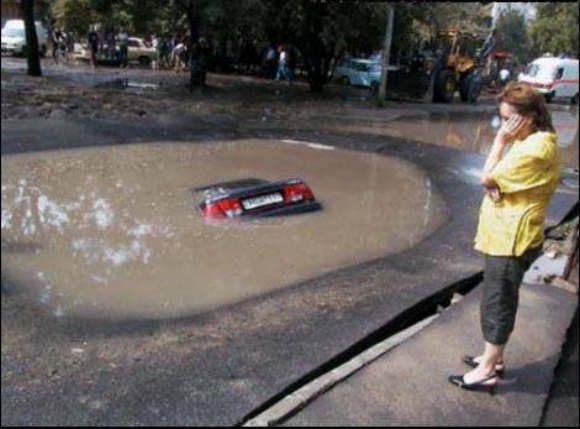Just got home after 17 days in the car. Fun times, going across the continent twice!
A few close calls made me realize that emergencies aren't just for homebodies. Things can happen to anyone, even on the road. So what can you do to prepare for emergencies on the roads? You are looking at the whole gamut of possible emergencies, but as a visitor in someone else's zip code.
1. Pack a car kit. There are a lot of things you can put in, like tools and first aid kits and jumper cables, and you can check out a more complete list in my book. You'll probably have extra clothes, and some food stashed in the car. Five other very useful things are:
-- a flashlight, with fresh batteries.
--a couple of blankets
--some extra water bottles
--a sharp pocket knife
--tissues and hand sanitizer
2. Know where you are going, not only so you avoid the whole lost-in-space thing, but also so you can follow weather alerts. We spent at least 8 of the days in tornado alley, with apocalyptic rain. We turned on the radio to find that alerts are broadcast by county for tornado watches. Who knew what county we were in? Pick up a road atlas, or at least state maps so you can figure out if you are in harm's way. At night, use the flashlight you packed above!
3. Learn what to do in a tornado or severe storm. Pay attention to towns that have hospitals or emergency centers. And don't drive the gas tank down to the last drop.
4. Know when to say when. You don't have to drive through that storm. And standing water can be perilous, even at slower speeds if it is deep enough. Pull off, get a room and wait out the blizzard. No schedule is worth your life.
Our smart phones did not get a signal in many rural locations, and the GPS was not infallible ("recalculating"); you might need to remember how to manage without technology. Think ahead and have a backup plan. And then go ahead and get out of town.







No comments:
Post a Comment